There are countless health supplements out there. And with the emergence of the internet as a global source of information, new supplements are popularized ever month. Many substances that would have once only been known about in specific regions of the world are now serious players in the industry. But what about weird supplements? Well, weirdness is an inevitable outcome of this explosion of discovery. While some supplements are unsurprising in their nature, others are just plain bizarre. So I thought it would be interesting to make a list of ten weird supplements I’m aware of. Keep in mind there are a whole lot more weird supplements are there. This is by no means a definitive list.
10: Shark Cartilage

To see a bottle labelled Shark Cartilage among other supplements may surprise you, but in recent decades it’s become a profitable area of business. It all began in 1992 with the release of a book called Sharks Don’t Get Cancer. Pointing out that sharks rarely get cancer, it’s author claimed shark cartilage has anti cancer properties. With the media loving to sill any potential new health craze, the book became an international sensation. Companies began offering shark cartilage supplements. The idea was that powdered shark cartilage would promote anti cancer mechanisms within the human body. Two decades later, there is no evidence of any benefit of taking shark cartilage. Yet there remains a community of avid users who regularly take it.
9: Shilajit
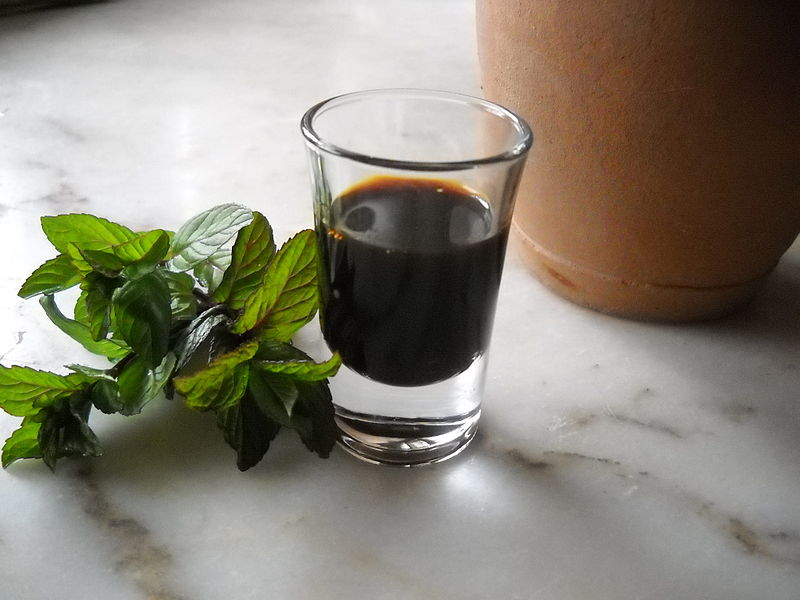
Shilajit is a really weird one. It’s a mysterious sticky substance found only high up in the Himalayan mountains. Similar to oil, it takes hundreds of years for even a small amount of it to be created, with the gradual decomposition of dead plants. So it’s not the obvious choice for a health supplement. But like the other weird supplements on this list, there is a market for it. Although to be honest I’m not sure how selling such a hard to find substance could ever be profitable. Still, it has long been said to increase vitality. In fact, it is said to contain more than 84 minerals.
One of the many names it is known as can be translated as meaning “Destroyer of Weakness”. But despite it’s long history of usage and renown through Asia, it’s unclear if Shilajit has any tangible benefits. Some research was done in the Soviet Union. But the veracity of their findings is uncertain.
8: Horny Goat Weed
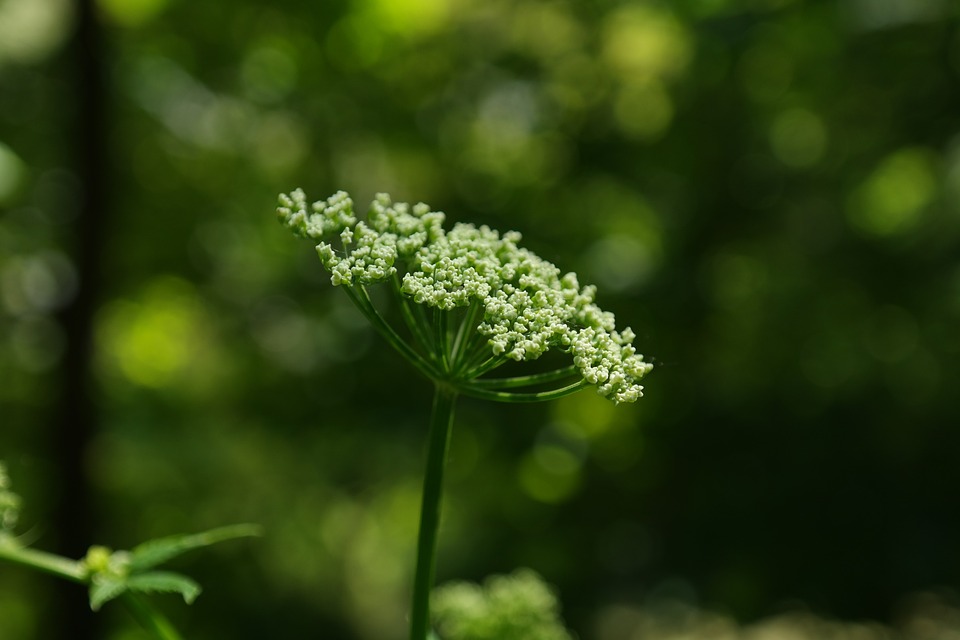
Horny goat weed has just about the funniest name of any supplement I’ve ever heard of. A flowering plant found mainly in China, it has long been claimed to help with erectile dysfunction. This only makes the name all the more funny. According to legend, the name comes from a goat herder. He apparently noticed that his flock of sheep were more sexually aggressive when feeding on the plant. Whether or not that is true I don’t know. To be honest it doesn’t really matter. What matters is the efficacy of horny goat weed today.
For a long time the evidence in favor of horny goat weed was purely anecdotal. But in recent years a string of studies on both animals and humans seem to suggest it can help alleviate the effects of erectile issues. Many claim it can aide sexual health in other ways too. In fact, many of the men who choose to take horny goat weed have no such problem at all.
7: Mumio
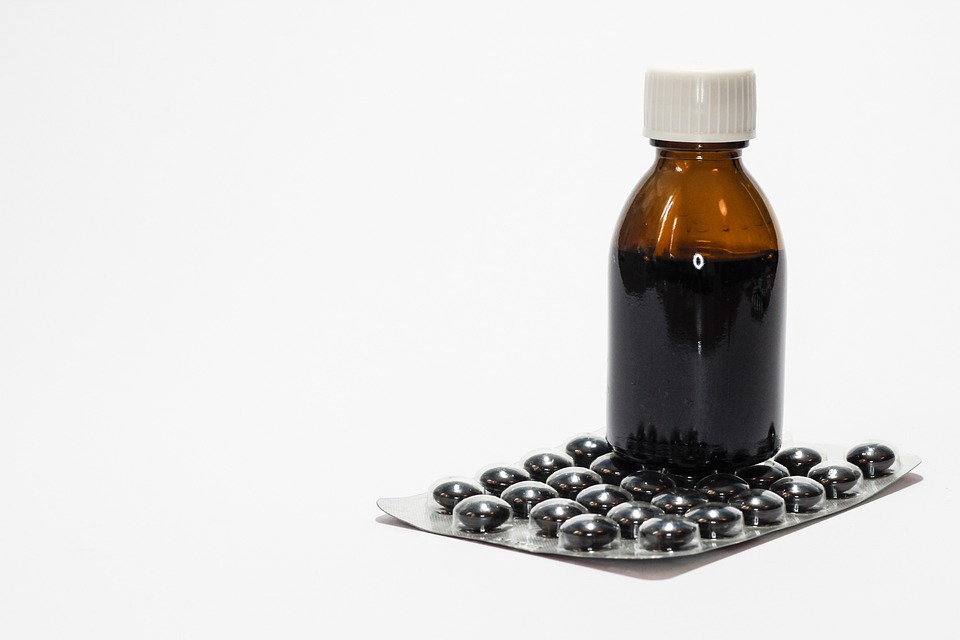
Mumio is a traditional health supplement that is derived from the fossilized remains of plants and animals. It is believed to have medicinal properties and is used to treat a wide range of health conditions in various parts of the world, including Russia, China, and the Middle East. Mumio is made by extracting a resin-like substance from the fossilized remains of plants and animals, which is then dried and ground into a powder or formed into tablets or capsules. It is often taken orally, but it can also be applied topically as a cream or ointment.
Only basic scientific evidence supports the health benefits associated with mumio. Proponents of the supplement claim that it can improve digestion, boost the immune system and promote healing, but these claims have not been backed up by much actual scientific research. In Russia and some other countries mumio is classified as a prescription medication. That means it is only available through a doctor’s prescription. In other countries, it is available over the counter as a dietary supplement.
Also, there are concerns about the safety of mumio. It’s manufacturing process of the supplement is not well regulated, and there have been reports of contaminated or adulterated products being sold as mumio. Mumio also carries the risk of allergic reactions or other adverse effects from taking the supplement, particularly if it is taken in high doses or over an extended period of time. But as far as weird supplements go, Mumio isn’t much riskier than the others.
6: Ox Bile

Ox bile is a yellowish-green substance produced by the liver and stored in the gallbladder. It is composed of bile salts, cholesterol, and other substances and is released into the small intestine to help digest fats. Ox bile has been used as a traditional health supplement for centuries, particularly in traditional Chinese medicine. It is believed to have a number of potential health benefits, including improving digestion, reducing inflammation, and aiding in weight loss. But little is known about it’s actual ability to provide health benefits.
Some studies have suggested it may have some benefit in improving fat digestion and absorption, but more research is needed to confirm these findings. Ox bile is available in supplement form, typically in capsules or tablets. It is also sometimes used as an ingredient in health products such as weight loss supplements and liver detox products. The supplement is derived from the bile of cows or other animals, and there is a risk of contamination or exposure to infectious agents if the supplement is not produced and handled properly.
5: Cordyceps
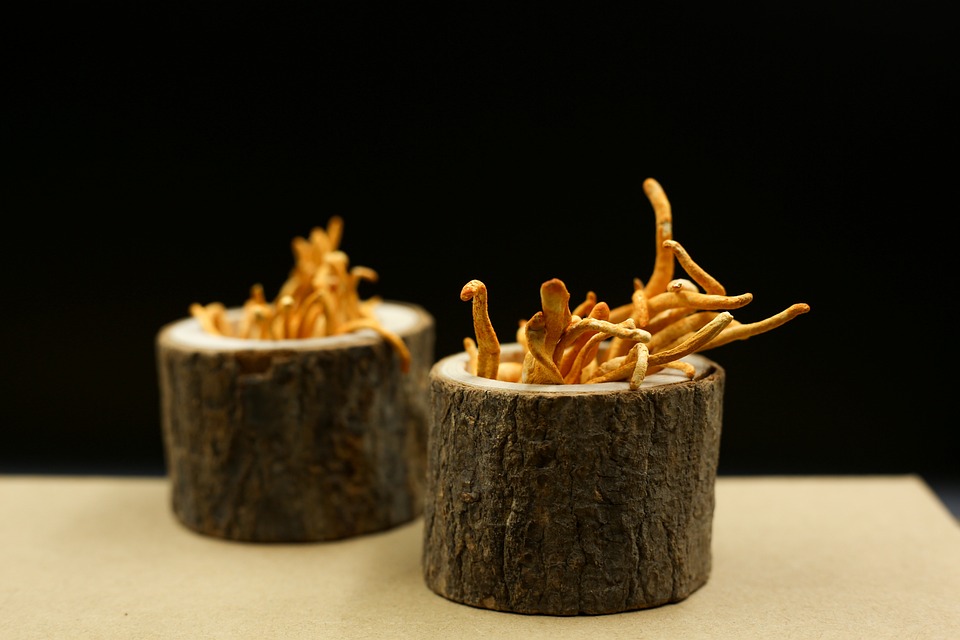
Cordyceps is a type of mushroom that grows in high-altitude regions of Asia, particularly in Tibet and China. It is a traditional health supplement that has been used for centuries in traditional Chinese medicine to treat a wide range of health conditions. Cordyceps is believed to have a number of potential health benefits, including improving immune function, increasing energy and endurance, and reducing inflammation. Some studies have suggested that it may also have potential in the treatment of certain health conditions, such as asthma and kidney disease. Cordyceps is available in supplement form, typically in capsules or tablets. It is also sometimes used as an ingredient in health products, such as energy drinks and immune support supplements. The supplement is derived from a type of mushroom, and there is a risk of contamination or exposure to harmful substances if the supplement is not produced and handled properly.
4: Truffle Oil

Truffle oil is a type of culinary oil that is made by infusing oil with the flavors and aromas of truffles, a type of edible mushroom that grows in certain parts of the world, including Europe, North Africa, and the Middle East. The oil is used as a condiment and a cooking ingredient, and is also sometimes used as one of the more weird supplements.
Truffle oil is believed to have a number of potential health benefits, including improving digestion, reducing inflammation, and enhancing the immune system. Some studies have suggested that it may also have potential in the treatment of certain health conditions, such as asthma and kidney disease.
There is limited scientific evidence to support the claimed health benefits of truffle oil. Some studies have suggested that it may have some benefit in certain areas, but more research is needed to confirm these findings. There are some concerns about the safety of truffle oil. The oil is derived from truffles, and there is a risk of contamination or exposure to harmful substances if the oil is not produced and handled properly. There is also a risk of allergic reactions or other adverse effects from consuming the oil, particularly if it is consumed in large amounts or over an extended period of time.
3: Bitter Melon
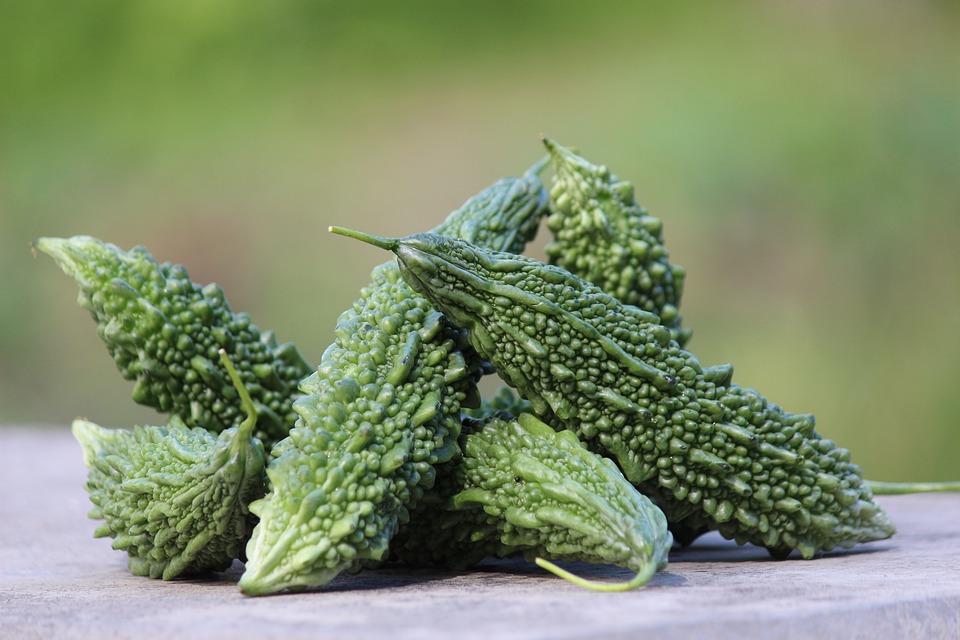
Bitter melon, also known as bitter gourd or momordica charantia, is a type of tropical fruit that is native to Asia and South America. It is a traditional health supplement that has been used for centuries in traditional medicine to treat a wide range of health conditions. Bitter melon is believed to have a number of potential health benefits, including improving digestion, regulating blood sugar levels, and reducing inflammation. Some studies have suggested that it may also have potential in the treatment of certain health conditions, such as diabetes, cancer, and HIV/AIDS.
Bitter melon is available in supplement form, typically in capsules or tablets. It is also sometimes used as an ingredient in health products, such as weight loss supplements and blood sugar support products. The supplement is derived from a type of tropical fruit. And there is a risk of contamination or exposure to harmful substances if the supplement is not produced and handled properly. There is also a risk of allergic reactions or other adverse effects from taking the supplement, particularly if it is taken in high doses or over an extended period of time.
2: Rhino Horn

Believe it or not, Rhino horn is a traditional health supplement that has been used for centuries in traditional medicine to treat a wide range of health conditions. Rhino horn is believed to have a number of potential health benefits, including improving immune function, reducing inflammation, and aiding in weight loss. Some studies have suggested that it may also have potential in the treatment of certain health conditions, such as cancer, HIV/AIDS, and kidney disease. However, there is little scientific evidence to support the claimed health benefits of rhino horn. Many of the claimed benefits are based on traditional or anecdotal evidence, so we can’t attest to them definitively.
We’re also talking about a treatment which is clearly not ethical. The material is derived from the horns of rhinoceros, which are endangered animals that are facing significant threats from poaching and habitat loss. The illegal trade in rhino horn is a major contributor to the decline of these species and has led to significant conservation efforts to protect them. In addition to the ethical concerns, there is also a risk of contamination or exposure to harmful substances if rhino horn is not produced and handled properly.
1: Pitocin

Pitocin is a synthetic hormone that is similar to the hormone oxytocin, which is produced by the body to stimulate contractions during labor. It is a prescription medication that is used to induce or augment labor, or to control bleeding after childbirth. Pitocin is administered intravenously (through a vein) and is typically given to pregnant women who are having trouble going into labor. Or who are experiencing complications during labor. It is also sometimes used to control bleeding after childbirth. There are potential benefits to using Pitocin to induce or augment labor, including reducing the risk of complications such as stillbirth or infection. However, the use of Pitocin can also be associated with certain risks and side effects, including uterine hyper stimulation, fetal distress, and water intoxication.
For information on other weird supplements, stick around and check out some of my other articles.

